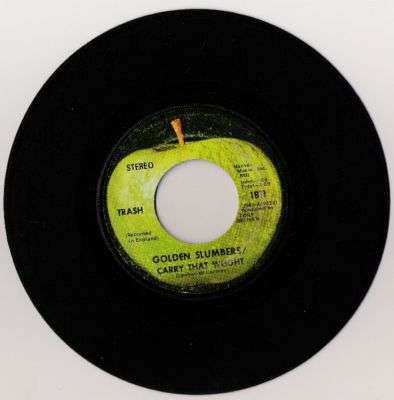BuzzFeed's Dossier Was Both Flimsy and Newsworthy
Real news about fake news


Is there a good defense of BuzzFeed's decision to publish the Urinegate memos last night? Glenn Greenwald's analysis of the story makes the best argument I've seen, though there are so many caveats here that I don't think it quite qualifies as a defense:
It's almost impossible to imagine a scenario where it's justifiable for a news outlet to publish a totally anonymous, unverified, unvetted document filled with scurrilous and inflammatory allegations about which its own editor-in-chief says there "is serious reason to doubt the allegations," on the ground that they want to leave it to the public to decide whether to believe it.
But even if one believes there is no such case where that is justified, yesterday's circumstances presented the most compelling scenario possible for doing this. Once CNN strongly hinted at these allegations, it left it to the public imagination to conjure up the dirt Russia allegedly had to blackmail and control Trump. By publishing these accusations, BuzzFeed ended that speculation. More importantly, it allowed everyone to see how dubious this document is, one the CIA and CNN had elevated into some sort of grave national security threat.
Whether or not that's a defense, the basic argument here is true: Once I read what BuzzFeed had, I saw CNN's story in a rather different light.
Now, that still leaves plenty of room to criticize BuzzFeed, which noted some errors in the dossier at the outset but could have done much more to report out its claims before publishing it. (To give the most obvious example, they should have asked Michael Cohen for comment on whether he had been to Prague at the time the file said he was there, rather than letting us wait til after the piece dropped to see Cohen deny he'd ever been to the city at all. BuzzFeed later updated its story to note his denial.) But even if BuzzFeed could have done a much better job of setting the context for the document it was printing, its report in turn supplied some valuable context for CNN's story. Beyond that, if this dossier, or a summary of it, has shaped the ways influential people in Washington have been behaving, the document itself is clearly newsworthy.
On the other hand, I can't co-sign this part of Greenwald's column:
There is a real danger here that this maneuver can harshly backfire, to the great benefit of Trump and to the great detriment of those who want to oppose him. If any of the significant claims in this "dossier" turn out to be provably false—such as Cohen's trip to Prague—many people will conclude, with Trump's encouragement, that large media outlets (CNN and BuzzFeed) and anti-Trump factions inside the government (CIA) are deploying "Fake News" to destroy him. In the eyes of many people, that will forever discredit—render impotent—future journalistic exposés that are based on actual, corroborated wrongdoing.
Don't get me wrong: Trump's fans will certainly do this. But if this dossier didn't exist, they'd just point to something else. There's already enough kooky stuff out there for Trump's defenders to handwave about "fake news" whenever something legitimate comes out. This is, in fact, a pretty standard political maneuver. (Think of how many allegations against Barack Obama, credible or not, provoked a chorus of liberals making Benghazi jokes. And the standard Benghazi theories were a lot less far-out than the stuff in the BuzzFeed dossier.)
In any event, a ton of Trump exposés have appeared since he entered the presidential race in mid-2015, some of them convincing and some of them not. It should be clear by now that many Trump loyalists are already perfectly capable of finding reasons to reject even the most well-sourced stories. To judge from some of the tweeters I saw taking the dossier's claims at face value last night, some people are perfectly capable of embracing even the most poorly-sourced allegations as well. It can be remarkably easy to believe the things you already want to believe.
Bonus audio: Nick Gillespie recently interviewed Greenwald for the Reason podcast:


Show Comments (286)